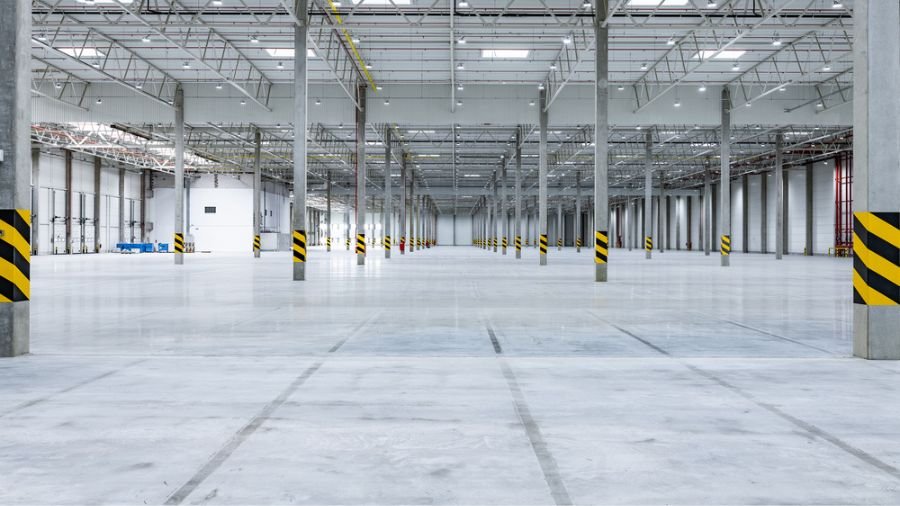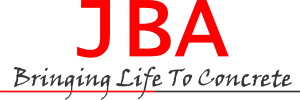Warehouse Flooring Options: Choosing the Best Surface for Your Needs
In the realm of warehouse management, one crucial aspect that often gets overlooked is the flooring. However, the choice of flooring can significantly impact the efficiency, safety, and durability of your warehouse operations. From concrete to epoxy coatings, various options are available, each with its own set of advantages and considerations. In this article, we’ll delve into the different warehouse flooring options to help you make an informed decision.
1. Concrete Flooring
Overview: Concrete flooring is the most common choice for warehouses due to its durability and affordability.
Advantages:
- Durability: Concrete floors can withstand heavy loads and high traffic, making them ideal for warehouses.
- Low Maintenance: They are easy to clean and require minimal maintenance.
- Cost-Effective: Concrete is relatively inexpensive compared to other flooring options.
Considerations:
- Porosity: Untreated concrete is porous and can absorb liquids, leading to staining and deterioration.
- Slip Resistance: While naturally slip-resistant, additional treatments may be needed for enhanced safety.
2. Epoxy Coatings
Overview: Epoxy coatings are applied over concrete floors to provide additional protection and customization options.
Advantages:
- Chemical Resistance: Epoxy coatings can withstand spills of oils, chemicals, and other substances, prolonging the life of the floor.
- Customization: They are available in various colors and can incorporate safety markings and logos.
- Easy to Clean: Epoxy floors are seamless and smooth, making them easy to clean and maintain.
Considerations:
- Application: Proper application is crucial for durability and longevity.
- Cost: While initially more expensive than untreated concrete, epoxy coatings can save money in the long run due to reduced maintenance and repair costs.

3. Rubber Flooring
Overview: Rubber flooring offers cushioning and anti-fatigue properties, making it suitable for areas where workers stand for extended periods.
Advantages:
- Comfort: Rubber flooring reduces fatigue and stress on joints, improving worker comfort and productivity.
- Noise Reduction: It absorbs sound, reducing noise levels in the warehouse.
- Impact Resistance: Rubber floors provide cushioning, protecting dropped items from damage.
Considerations:
- Cost: Rubber flooring can be more expensive upfront compared to other options.
- Maintenance: It may require special cleaning products to maintain its appearance and properties.
FAQs
Q: Which flooring option is best for heavy machinery?
A: Concrete flooring is the most suitable for heavy machinery due to its durability and load-bearing capacity.
Q: Can epoxy coatings be applied to existing concrete floors?
A: Yes, epoxy coatings can be applied to existing concrete floors after proper preparation and surface treatment.
Q: How long do epoxy coatings last?
A: With proper maintenance, epoxy coatings can last 5-10 years or even longer, depending on the level of traffic and wear.
Q: Are there eco-friendly flooring options available for warehouses?
A: Yes, some eco-friendly options include recycled rubber flooring and concrete with recycled content.
Conclusion
Choosing the right flooring for your warehouse is essential for optimizing efficiency, safety, and longevity. Whether you opt for traditional concrete, protective epoxy coatings, or cushioned rubber surfaces, each option has its own benefits and considerations. By understanding your specific requirements and considering factors such as durability, maintenance, and cost, you can select the flooring option that best suits your needs.
Contact Us

- 135, Arjun Nagar, Kotla Mubarakpur, Opposite Defence Colony, New Delhi - 110003 (INDIA)
- + 91 11 41553830, 011 41553820
- info@jbaindia.com